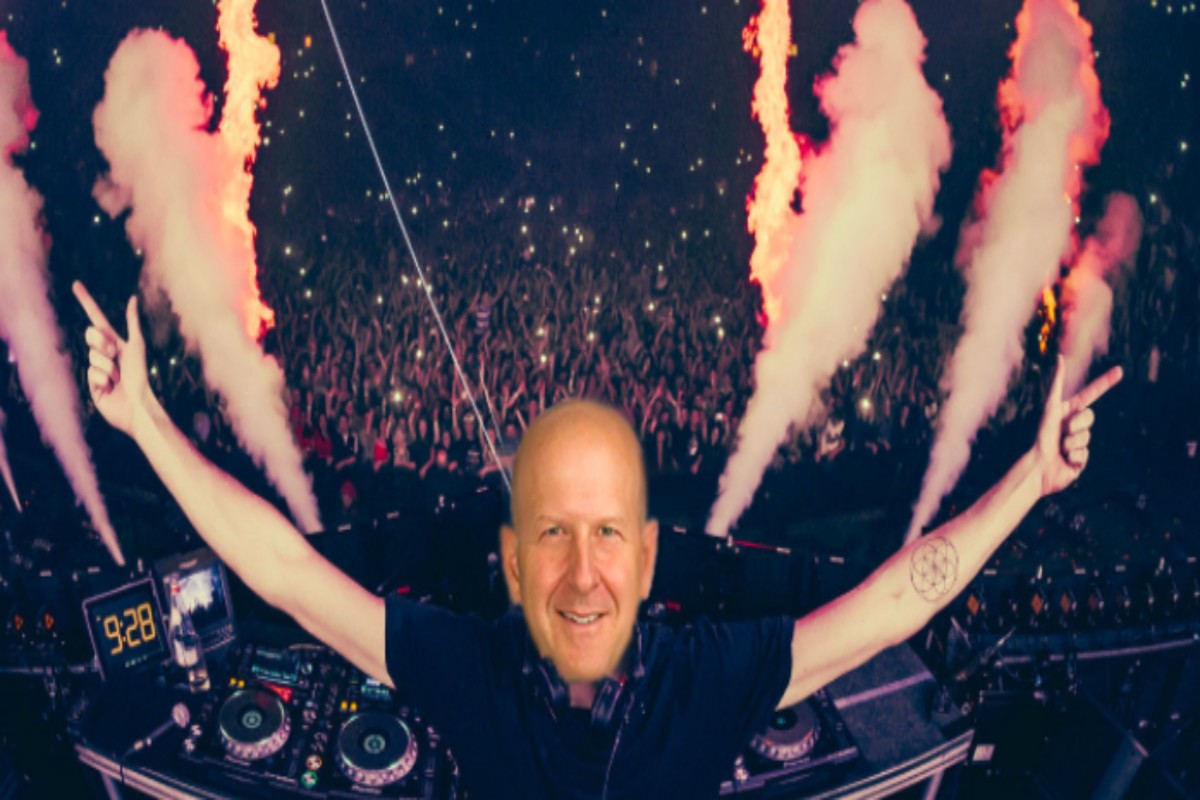
Given the not-at-all slapdash, incompetently improvisational track record of the current administration, it may surprise you to learn that there were a few hiccups in the rollout of President Trump’s Great American Economic Revival Industry Groups. For instance, checking to see if the proposed conference calls with members were scheduled during one of the literally four times per year that some key participants couldn’t. Or whether the president was still interested in the task force he announced last week before hastily—and, it must be said, quite typically—lying about it. Or, you know, telling the members that they were members before the president read out their names in the Rose Garden, the sort of thing presidents usually do when announcing totally unimportant, not-fully-formed things that they never actually planned or desired in the first place. (For what it’s worth, Ken Griffin—if he, in fact, knows he’s on one of these groups, is not surprised.)
The rollout of what the president referred to last week as his “Opening Our Country Council” was as confusing as the process of getting there. Instead of a formal council, what Mr. Trump announced on Tuesday was a watered-down version that included 17 separate industry groups…. The president participated in four calls with those groups during the day at the same time White House officials were playing down their significance, claiming that the creation of a “task force” was never planned, despite the president’s mention of it last week….
Cisco Systems, the networking company, and McDonald’s were among the major employers that learned of their involvement in consulting with the president only when he mentioned their names on Tuesday evening…. A White House official said that while the administration did not wait to hear back from all 200 people whose names were announced as part of the effort, it had sent an email notification on Tuesday afternoon to all the people involved alerting them that they had been selected….
But the calls were set up on such short notice that some chief executives were unable to join in. For instance, David M. Solomon, the Goldman Sachs chief, was leading his own quarterly earnings call at the same time as the White House call…. Jamie Dimon of JPMorgan Chase & Company was also unable to join, according to a person familiar with the matter, but one of his deputies spent 15 minutes trying to patch in to the discussion, ultimately without luck.
Of course, if the president was actually interested in learning something and figuring out how to handle the exit from the crisis—which he isn’t—he’d have done better to skip his own call and just listen in to Solomon’s.
“We have to rebuild confidence in people’s security and safety around the virus. We can all have economic forecasts, and we can all talk about the economic consequence of this, but unless people feel safe and secure and confident around the virus, the economic impact will continue in some way, shape or form. That is a very, very hard thing to predict. So I’ve tried to encourage companies that we’ve talked to, and individuals for that matter, to hope for the better but plan for the worse.”
Give D.J. D-Sol the radio show.
Trump’s ‘Opening Our Country Council’ Runs Into Its Own Opening Problems [NYT]
Ahead of economic announcement, White House scrambled to assemble list of names [NBC News]
Trump Wanted a Radio Show, but He Didn’t Want to Compete With Limbaugh [NYT]

